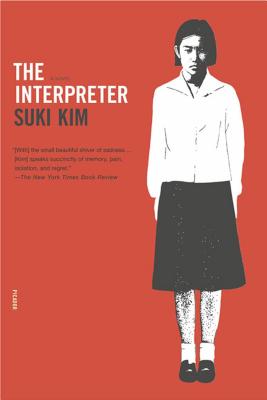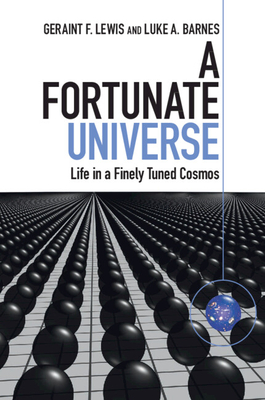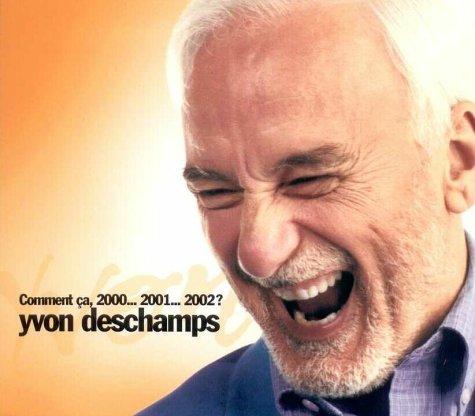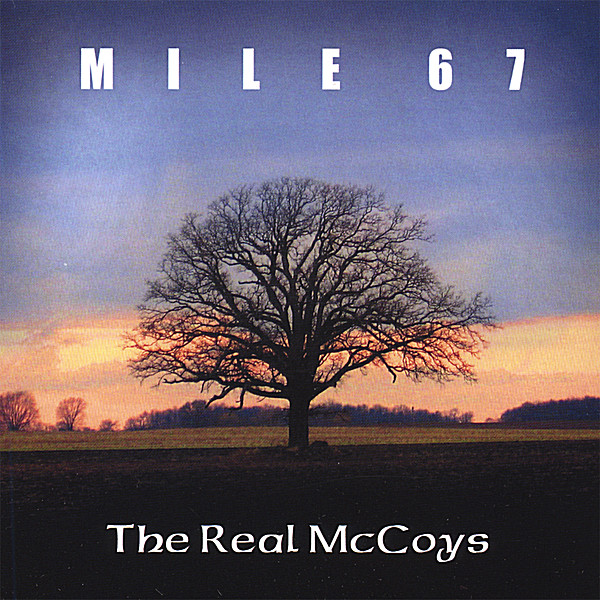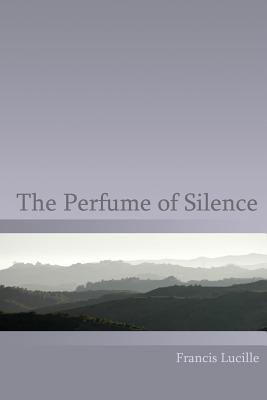
description
iritual awakening, self realization, meditation, awareness, consciousness, happiness, love, relationships, psychological suffering and human predicament. Based largely on actual dialogues between Francis Lucille, a spiritual teacher of non-duality, and some of his disciples, the music of freedom that it conveys resonates between the words, and gives the reader an inkling of the peace and happiness that are experienced in the presence of an authentic master. Francis Lucille was for over twenty years a close friend and disciple of Jean Klein, a well recognized French teacher of non-duality. They both belong to a lineage of Advaita Vedanta teachers stemming from India. (Advaita Vedanta is the main nondualist Hindu spiritual tradition). Jean Klein's guru, Pandit Veeraraghavachar, was a Professor at the Sanskrit College in Bengalore. Their teachings, despite some superficial similarities, are quite different from those of most contemporary western neo Advaita teachers.They emphasize for instance the importance of the direct transmission from guru to disciple, through presence, beyond words, and they recognize that the same universal truth was expressed by various saints, philosophers and teachers throughout history and across the world. That which matters here is not the form of the teaching, direct or gradual for instance, as much as the authenticity of the teacher, the vibrancy of his realization, the outpouring of his love, the freedom of his humour, the brilliancy of his intelligence, the splendor of his poetry, the spontaneous sharing of his peace. Nonduality is the common ground of Buddhism (especially Zen and Dzogchen), Advaita, Sufism, Taoism, the Kabbalah, the Gnosis and the teachings of Jesus in the Thomas Gospel, the teachings of Parmenides, Plotinus, Gaudapada, Abinavagupta, Meister Eckhart, Ramana Maharshi, Atmananda Krishna Menon, Ananda Mai and many others.
member goods
No member items were found under this heading.
listens & views

LONDON AMERICAN LABEL: YEAR BY ...
by LONDON AMERICAN LABEL: YEAR BY YEAR 1957 / VARIOUS
COMPACT DISCout of stock
$12.99
Return Policy
All sales are final
Shipping
No special shipping considerations available.
Shipping fees determined at checkout.


